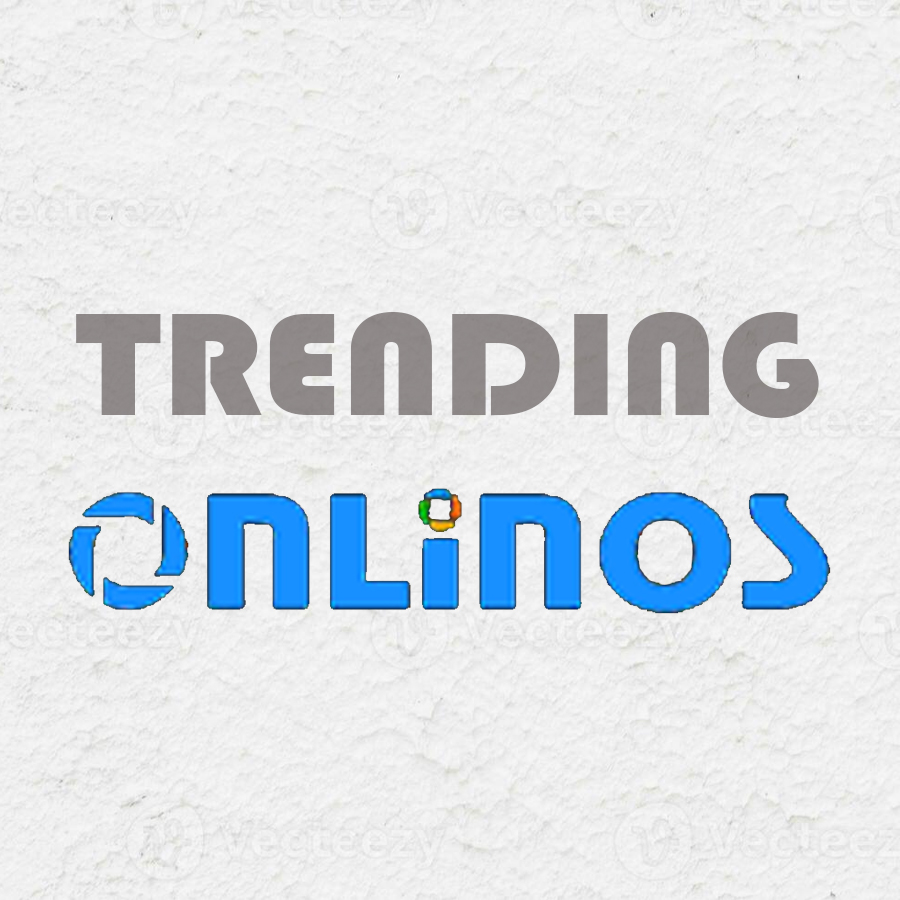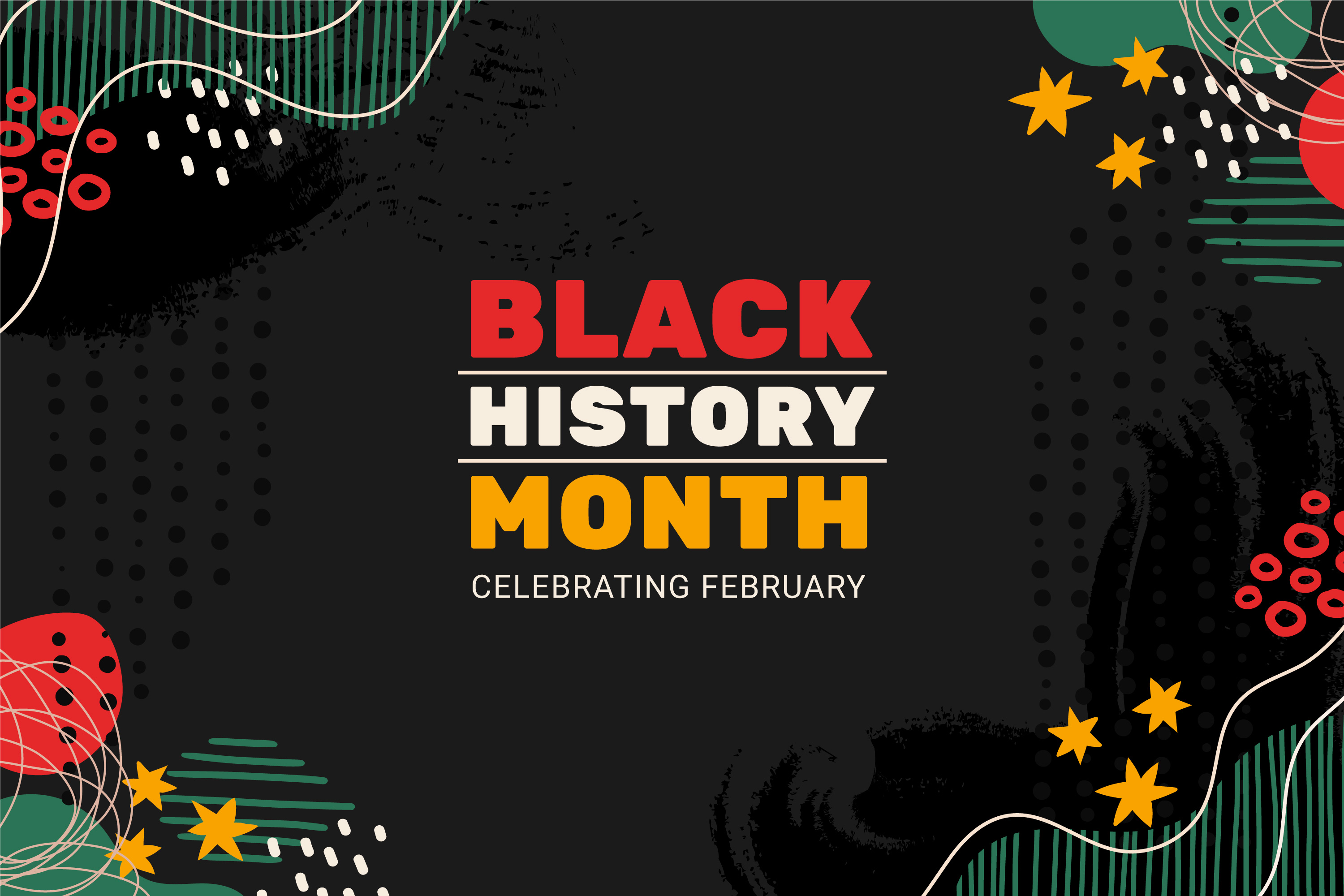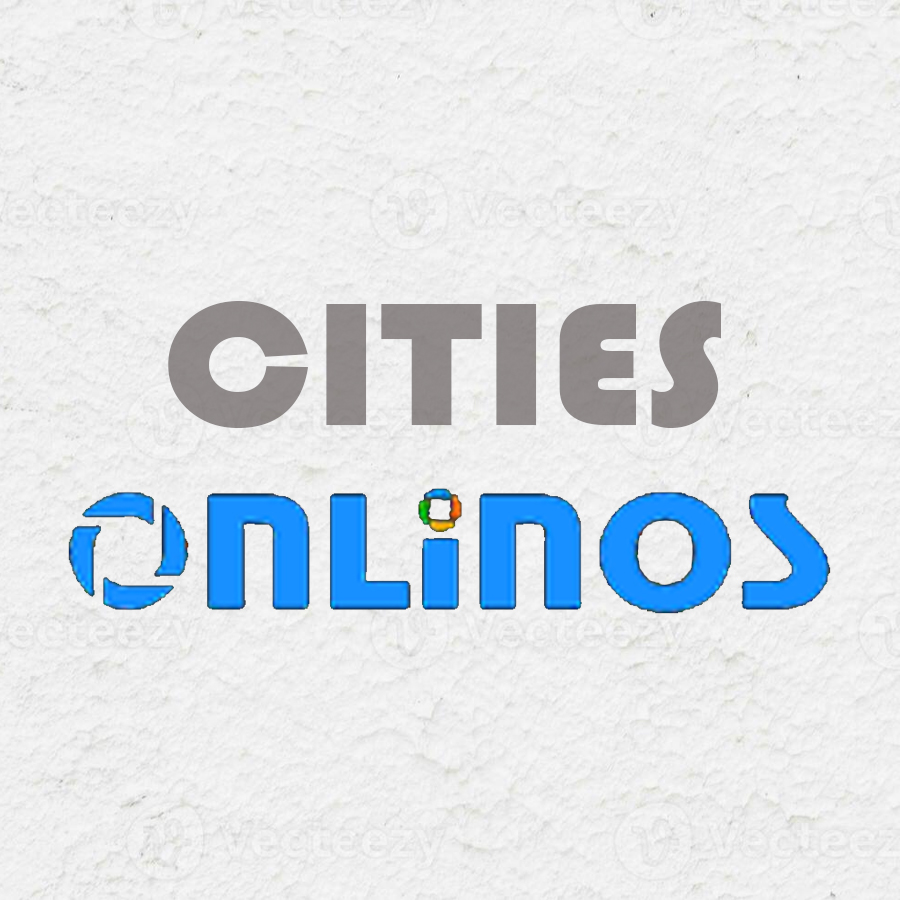In today’s constantly changing work landscape, freelancing has exploded into a massive industry. I’ve noticed more and more people—myself included—opting for flexible, independent careers. Freelancing gives us the freedom to be our own boss, but just as it’s reshaping the way we work, artificial intelligence (AI) is now making waves in freelancing, too. It’s wild to think about how AI is transforming our industry in ways we never saw coming.
It’s not so much a question of if AI will affect us freelancers but how much and how soon. The line between human-driven and machine-driven tasks is getting blurry, and whether we like it or not, freelancing is going to look very different in the future. But here’s the good news: if we adapt, we’ll be in an even better position to thrive.
So here are some things that I sum up as my personal opinion about how AI is shaking up freelancing and what it means for our future.
Automating the Grind: More Time for What Matters
One of the biggest ways AI is changing freelancing is by automating the repetitive tasks that eat up so much of our time. As freelancers, we all know the drill—sending invoices, managing deadlines, updating project statuses—it can feel like an endless to-do list of admin work. But with AI-driven tools, we can finally free ourselves from those time-sucking tasks.
AI Tools That Help in Daily Tasks
Take Zapier, Trello, or Calendly, for example. These tools can handle the mundane, like scheduling or invoicing, allowing us to focus on what we really enjoy—whether that’s writing, designing, coding, or whatever creative work we’re passionate about. Even more advanced AI tools, like Notion AI, can help organize our projects, generate reports, and even manage content calendars.
The way I see it, freelancers who jump on board with these tools are going to have a leg up. By automating the boring stuff, we’ll be able to boost our productivity and spend more time doing what we’re best at.
AI and Content Creation: The Rise of AI Writers and Designers
I’ll be honest, at first, I wasn’t sure how to feel about AI getting into content creation. I mean, that’s my job, right? But AI tools like Jasper.ai and Canva’s AI design assistant are now churning out content, designs, and even videos with minimal human involvement. Naturally, it’s raised some questions in my mind: Is AI going to replace me and other freelancers?
AI is not my enemy.
From my experience, AI-generated content still has its limitations. But here’s the thing: it can actually be a fantastic collaborator. I’ve used AI to speed up my workflow—whether it’s generating blog post outlines or social media drafts. Instead of seeing AI as competition, I think we need to see it as a partner that helps us be more efficient.
At the end of the day, AI can’t inject personality or creativity like we can. It might help me with the first draft, but I’m still the one who adds the finishing touches, refines the message, and creates something truly engaging.
Building Better Client Relationships with AI
One thing I’ve always believed as a freelancer is that building strong relationships with clients is key to long-term success. And now, AI is even helping with that! AI-powered tools like HubSpot and Salesforce Einstein are making it easier for me to understand my clients on a deeper level. These tools track interactions, preferences, and even analyze project feedback to give us insights we’d never have the time to gather on our own.
For example, I can now anticipate when a client might need another project or follow-up with personalized emails that hit the right tone at the right time. It’s like having a virtual assistant keeping my client relationships strong and organized.
Upskilling with AI: Learn Smarter, Not Harder
One of the biggest challenges for freelancers is staying competitive in a fast-paced world where new skills and tools are constantly emerging. But guess what? AI is stepping in to help with that too. Platforms like Coursera and LinkedIn Learning are using AI to recommend courses that are tailor-made for us based on our interests, skill sets, and career goals.
Personally, I’ve found AI-driven tools like Grammarly and Copy.ai to be incredibly useful. Not only do they correct mistakes, but they also teach me how to improve my writing style over time. It’s like having a personal tutor available 24/7, helping me stay sharp and relevant without spending hours sifting through tutorials.
Global Opportunities, Local Challenges
AI isn’t just changing how we work—it’s also expanding where we can work. With AI-powered translation tools like Google Translate and DeepL, freelancers like me can now connect with clients from all over the world, even if we don’t speak the same language. AI is breaking down language barriers, allowing us to tap into global markets more easily.
On platforms like Upwork and Fiverr, AI algorithms match us with clients based on our past projects, skills, and preferences. It’s making it easier for us to find work, but there’s a flip side to that, too. As AI opens up the global market, we’re facing more competition from freelancers in countries with lower living costs, who can offer competitive rates.
So, how do we stand out in this increasingly crowded space? By specializing, by bringing creativity and a personal touch that AI can’t replicate. That’s our unique value.
A Hybrid Future: AI and Freelancers Working Together
Looking ahead, I’m convinced that the future of freelancing isn’t about machines replacing humans. Instead, it’s going to be a hybrid workforce where we work with AI. The most successful freelancers will be the ones who use AI to streamline the boring stuff, scale their creative output, and provide added value to their clients.
As of my thoughts, here’s how we freelancers can stay ahead:
•Use AI to handle admin tasks and boost efficiency.
•Collaborate with AI tools to scale content creation and design.
•Build deeper, more personalized client relationships with AI insights.
•Continuously upskill using AI-powered learning platforms.
•Specialize in areas where human creativity and intuition are irreplaceable.
AI is here to stay, and those of us who embrace it will have the most to gain.










